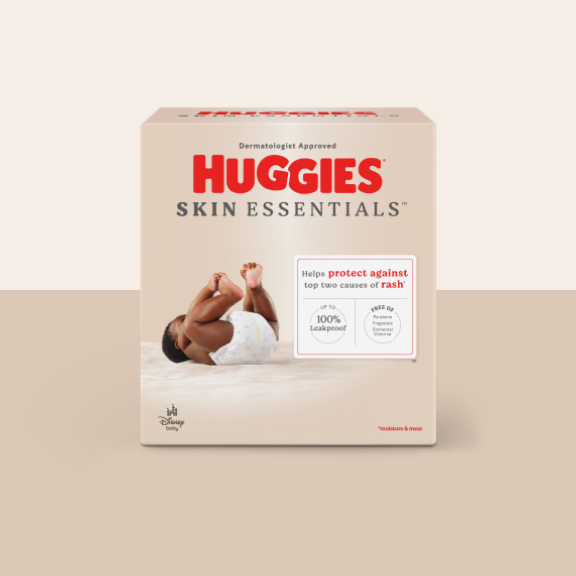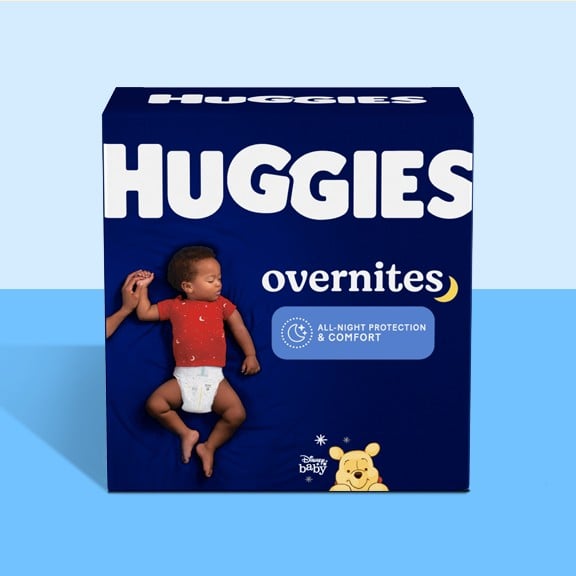Feeding
If you have found yourself staying home until now because you haven’t felt confident breastfeeding in public, take some small steps to get outside and away from the house. Even doing this for an hour or so can be energizing.
If you will be returning to work soon, you might want to begin working with your baby to take pumped milk from a bottle. This may take some time, and baby may be less resistant if someone other than mom is giving it to them.
If you are bottle feeding or pumping, the process of cleaning the bottles and pump equipment will have become second nature by now. Work out a system which is practical, works for you, and minimizes the amount of time you need to invest in it.
Many parents find preparing a day’s worth of formula and storing it in the refrigerator is a good time saver. Check the instructions on the can of formula regarding storage, as some manufacturers recommend preparing each bottle immediately before feeding.
Sleeping
If the weather is hot, he may only need a diaper and onesie. If it is cold, avoid overheating with too many layers of clothes. Feel your baby’s back, between the shoulders and the back of the neck to gauge their temperature. Overheating puts a baby at a higher risk for sudden infant death syndrome (SIDS).
If breastfeeding is going well, consider introducing a pacifier when you lay baby down. Pacifiers have been found to offer protection against SIDS.
If your baby has slept well until now, try not to see this as a guarantee that he will always sleep well. Babies change their sleep patterns constantly and sleep will often reflect other changes going on in their bodies. Reaching a new developmental stage, changes in their sleep cycle, changes in the environment, and changes in their nutritional needs can all disrupt the way they have been sleeping. They might also change sleeping patterns for no reason at all. Parents need to adapt their caregiving to these changes and not let what looks like a setback be discouraging. Parenting is a constant process of learning and adapting, right along with your baby!
Behavior and development
Don’t forget to give your baby supervised tummy time each day. Place some toys around them, especially those with a lot of black, white, and red, as your baby will respond more readily to these colors.
Take lots of photos of this special age. You’ll be amazed when you look back at how small your baby was.
Involve your older children in the new baby’s care as much as possible. Sibling relationships are built with time and lots of interaction. You can’t force your toddler to connect with their new sibling. They might feel a little put out at having a new baby in the house. This will come with time and loving patience.
Crying
If you find it challenging to hear your baby cry, you are not alone. Your baby’s cry is uniquely designed to be uncomfortable for you to hear. You are not meant to ignore it, so don’t try. Your baby is too young to change their behavior as a result of how you care for it or what your responses will be. Research has shown that babies cry less, and for shorter periods overall, when their parents respond promptly to them.
If nothing works to comfort your baby and you feel yourself getting frustrated or angry, it is okay and appropriate to lay your baby in the crib and leave the room for a few minutes. Do not go back in until you have calmed down. Call a friend or family member and ask for help. Never shake your baby to make him stop crying. Babies’ brains can be injured very easily when they are shaken.
Talk to your pediatric healthcare provider if your baby is crying a lot. They will look for illness or injuries, and make sure nothing is physiologically wrong. Your baby could have colic which is a fancy word to describe a baby that cries excessively for no apparent reason. Thankfully, babies grow out of this typically by week 12.
Bathing your baby
If you notice cradle cap on your baby’s scalp, wash their hair more often with a mild baby shampoo. Afterwards, gently go over their scalp with a soft brush to help remove the scales. You can also soften the crusts of cradle cap with some olive, almond, or mineral oil. Gently massage it into the area before washing. Cradle cap is a harmless skin condition and will go away on its own.
Your emotions
If you find yourself sad, anxious, or tearful, reach out to your partner or a friend for support.
If you are feeling depressed, have no appetite, feel very anxious, or are having trouble sleeping, talk to your healthcare provider as you might be experiencing postpartum depression.
Your physical recovery
If you are breastfeeding, you may find you are hungry all the time. Try to fill your body with lots of healthy, energy sustaining foods which will help to nurture your body and the milk you are making for your baby.
The information of this article has been reviewed by nursing experts of the Association of Women’s Health, Obstetric, & Neonatal Nurses (AWHONN). The content should not substitute medical advice from your personal healthcare provider. Please consult your healthcare provider for recommendations/diagnosis or treatment. For more advice from AWHONN nurses, visit Healthy Mom&Baby at health4mom.org.










